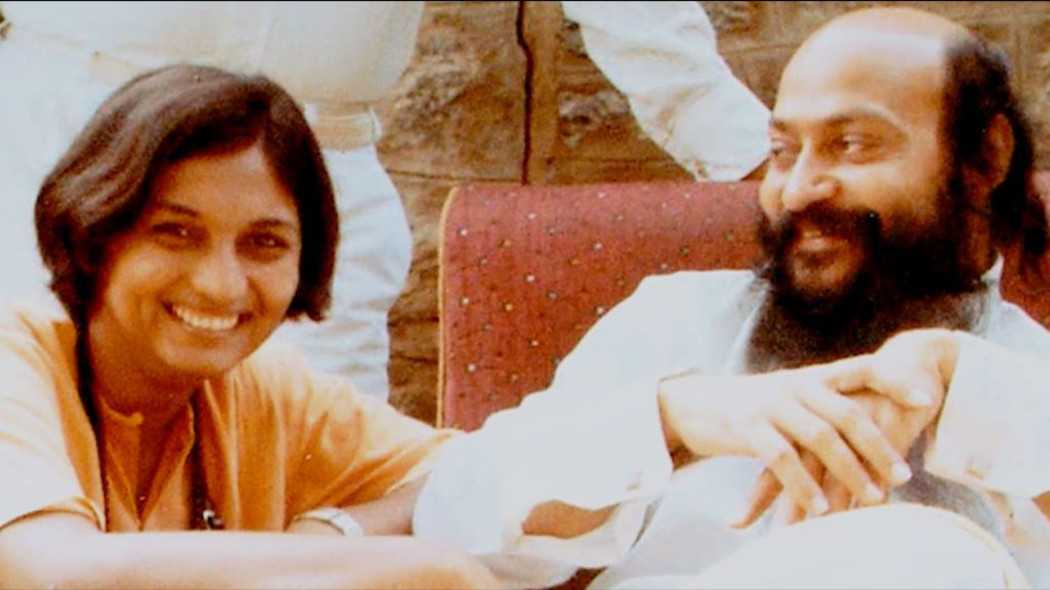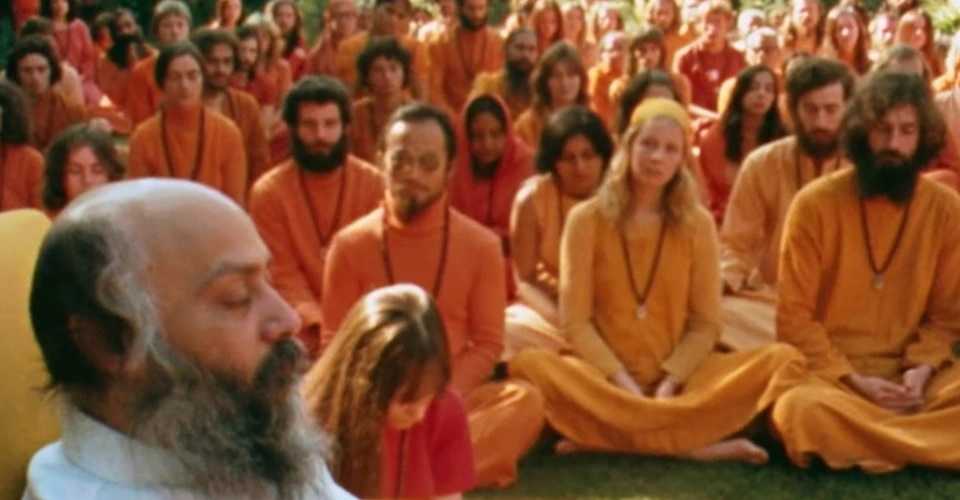Wild Wild Country is the Netflix docu-series that tells of the Indian popularizer Bhagwan Shree Rajneesh, known to all as Osho, of his arrival in the United States and of his enormous historical and social impact. Read our Wild Wild Country review.
ORIGINAL TITLE: Wild Wild Country. KIND: docu-serie. NATION: United States. FILM DIRECTOR: Maclain, Chapman Way. CAST: Osho, Ma Anand Sheela. time: About 60 min per episode. DISTRIBUTOR: Netflix. EXIT: March 16, 2018.
Netflix offers in its catalog a considerable number of docu-series that are inspired by historical and social events that really happened, among these emerges Wild Wild Country, a shocking mini-series of 2018 and which stars the Indian popularizer and guru Bhagwan Shree Rajneesh, better known as Osho.
In the United States there are frequent stories of communities that are created around disseminators with great charisma who in a short time transform themselves into gurus and “gurus” of questionable reliability. And this docu-series it is part of this typical phenomenon of American history, with the only difference that its main communicator comes from India and that others are none other the famous Osho which is still spoken and read a lot today.
The plot | Wild Wild Country Review
Winner of an Emmy for Best Documentary in 2018, Wild Wild Country tells how Bhagwan Shree Rajneesh after conquering Pune in India, decides in 1981 to move his new community of sculls to a small town in Oregon named Antelope and consequently upset the States United with the creation of the community named Rajneeshpuram. Bhagwan Shree Rajneesh’s arrival in America coincided with a long silence of three years that made sure that the community was managed by his faithful and secretary Ma Anand Sheela which plays a central role in this historical tale.
When history becomes a crime | Wild Wild Country Review
The community remained active until 1985 in that same town and the series, with great accuracy, traces all the events alternating original documents, videos, interviews including amateur ones, with recent interviews with the characters involved, from Ma Anand Sheela to the inhabitants of Antelope. The amount of material present in this docu-series is truly remarkable and above all it is constructed in such a captivating way that we find ourselves in a crime series, mysterious and rightly disturbing.
The crime aspect of the narrative is due to the consequences that the construction of this community had in American social history, among them the bio attack of 1984, in which the members of the sect had inserted the pathogen developed in the laboratory in the foods of 10 fast food, causing salmonella food poisoning to 751 people. This event triggered condemnations and lawsuits in court, which saw the founder of the community accuse his faithful But Anand Sheela, indicating her as solely responsible for that decision.

This character lives today in Switzerland and is considered an international criminal, convicted for what happened in 1984 is interviewed in the documentary, appearing as a central part of the story and still true to her beliefs. This bio-attack was preceded by threats and episodes of violence instead against the community of Osho, deriving from the attempts of the locals to get rid of all the new followers.
A roller coaster ride | Wild Wild Country Review
A real journey on the Wild Wild Country roller coaster, which begins by making your intentions clear: a disturbing piece of history, which was discussed at the time and continues to be discussed today and which does not want to condemn what happened, just to enter with a magnifying glass inside the umpteenth sect that has been built in the American community. And he succeeds in his intention by inserting many themes that not only concern the figure of Osho, but also the effect of his words and the impact they had both on his followers and on the community that wanted to expel him.

Osho preached words of peace and freedom, he guided man to free himself from every construct and to seek his true center, hence the gatherings, music, yoga and meditation practices, the dissemination of sexual freedom. This last point, above all, was the one that most struck the town of Antelope, which of only forty inhabitants, had a bigoted mentality, made of reassuring everyday life and of conservative origins, far from the concepts of sexual freedom and spiritual awakening.
Rajneeshpuram vs Antelope | Review Wild Wild Country
These two factions, Rajneeshpuram, name of the municipality of Osho and Antelope, carry forward the two different points of view of the story, also making it clear that there are no clear-cut good or bad, rather the historical and social reasons for which certain situations are created. The two factions have never compromised between them, but have preferred to impose an inconceivable vision on the other, fighting with threats, violence and attacks.
What the Rajneeshpuram community really was and the intentions of its founder, is still discussed today and still has not come to a conclusion, although Osho has still established himself as a spiritual master, with many followers all over the world and also many readers. of his teachings.
Conclusions
Precisely because of the debate that this docu-series has reopened and revived, Wild Wild Country is certainly a product to be recovered, because it presents itself as a historical and social documentary, with all the elements of a crime, full of twists and narrative tension and gods main characters that seem artfully written by a team of authors, instead they really existed and they have had an indelible impact on international society and American history.
Shocking and compelling
Points in favor
- docu-series full of twists and turns
- historical facts mixed with crime elements
- two protagonists, Osho and Sheela who seem to be artfully written
Points against
- short compared to the amount of material that is present















